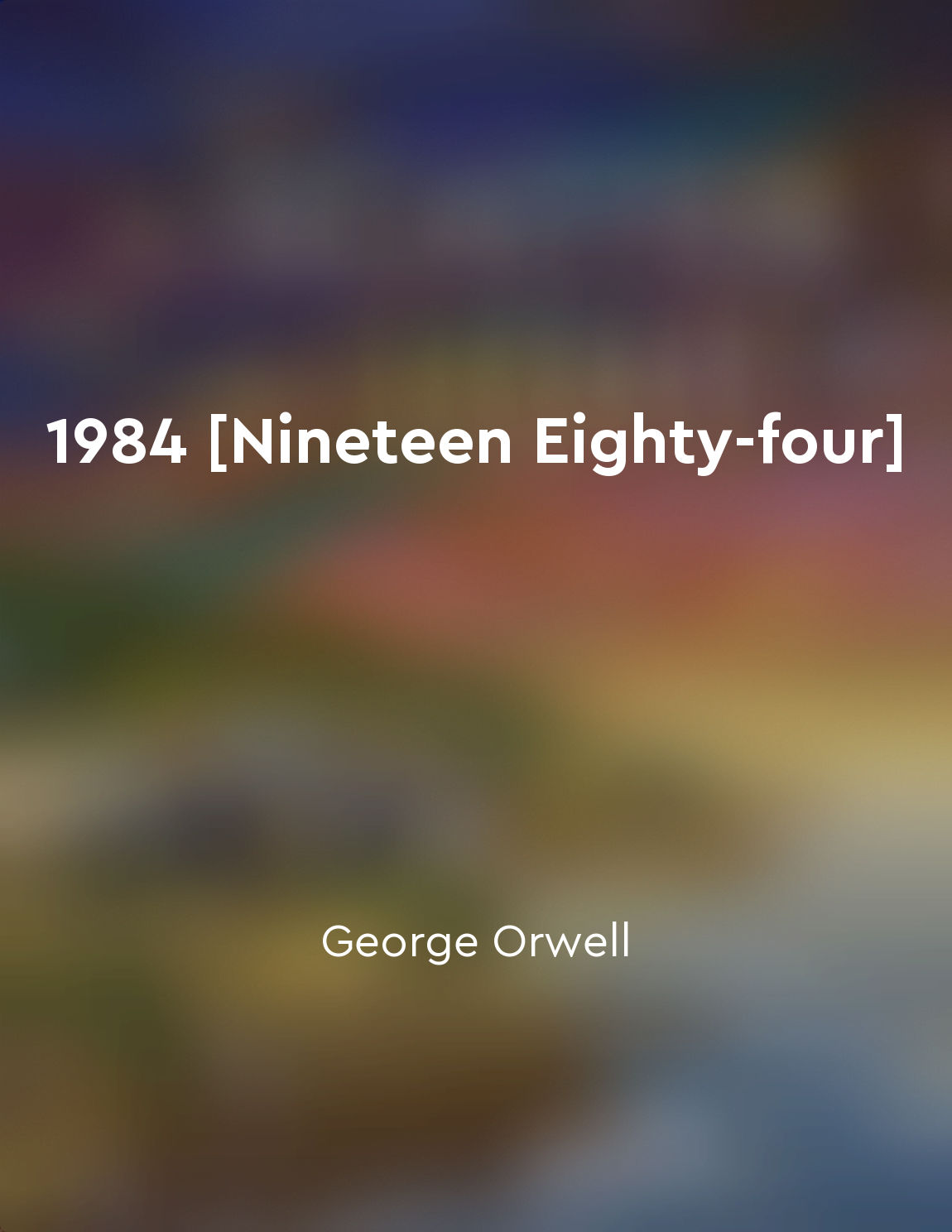Propaganda shapes perceptions of the war from "summary" of The Origins of the First World War by Annika Mombauer
Propaganda was a powerful tool used by governments during the First World War to shape public perceptions of the conflict. Through various forms of media, including newspapers, posters, and films, governments sought to influence how their citizens viewed the war. By controlling the information that was disseminated to the public, governments were able to manipulate emotions and opinions, portraying their enemies as evil and themselves as righteous defenders of freedom. One of the primary goals of wartime propaganda was to garner support for the war effort. By portraying the enemy as brutal aggressors who threatened the very existence of the nation, governments were able to rally their citizens behind the cause. This created a sense of unity and solidarity among the population, making it easier for governments to mobilize resources and manpower for the war. Propaganda also played a crucial role in demonizing the enemy and dehumanizing their soldiers. By depicting enemy forces as barbaric and inhuman, governments were able to justify the violence and brutality of war. This portrayal of the enemy as a monstrous threat served to galvanize public opinion and strengthen resolve in the face of adversity. Furthermore, propaganda was used to shape perceptions of the war's purpose and significance. Governments sought to frame the conflict as a noble struggle for freedom and justice, emphasizing the righteousness of their cause. By appealing to patriotic sentiments and national pride, propaganda sought to inspire sacrifice and dedication among the population.- Propaganda was a key tool in shaping public perceptions of the First World War. By controlling the information that was presented to the public, governments were able to manipulate emotions, opinions, and attitudes towards the conflict. The impact of propaganda on public opinion cannot be overstated, as it played a crucial role in rallying support for the war effort and shaping the way in which the war was perceived by the masses.
Similar Posts
Power dynamics in society
Power dynamics in society are a central focus of political philosophy. It is the study of how power is distributed, exercised, ...

Winston's struggle for truth and freedom ends in defeat
Winston's belief in truth and freedom led him to defy the oppressive Party that controlled every aspect of society. He sought t...
The resistance to totalitarianism requires collective action and solidarity
In times of totalitarian rule, the individual is rendered powerless and vulnerable to the whims of the totalitarian regime. The...
The contrast between war and peace
In the early days of the war, when the bombs had yet to fall and the reality of conflict had not fully settled in, the contrast...

Identifying tactics used in mind control
Identifying tactics used in mind control is crucial for understanding the manipulative techniques that dark psychologists emplo...
Soviet expansion
Soviet expansion was not simply a military or territorial strategy; it was a comprehensive ideological project. The Soviet Unio...

